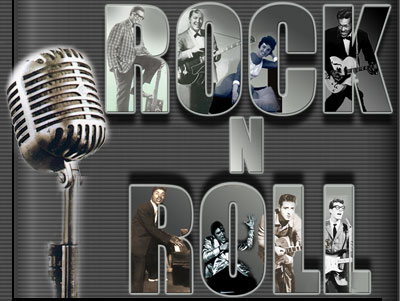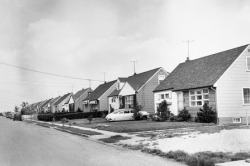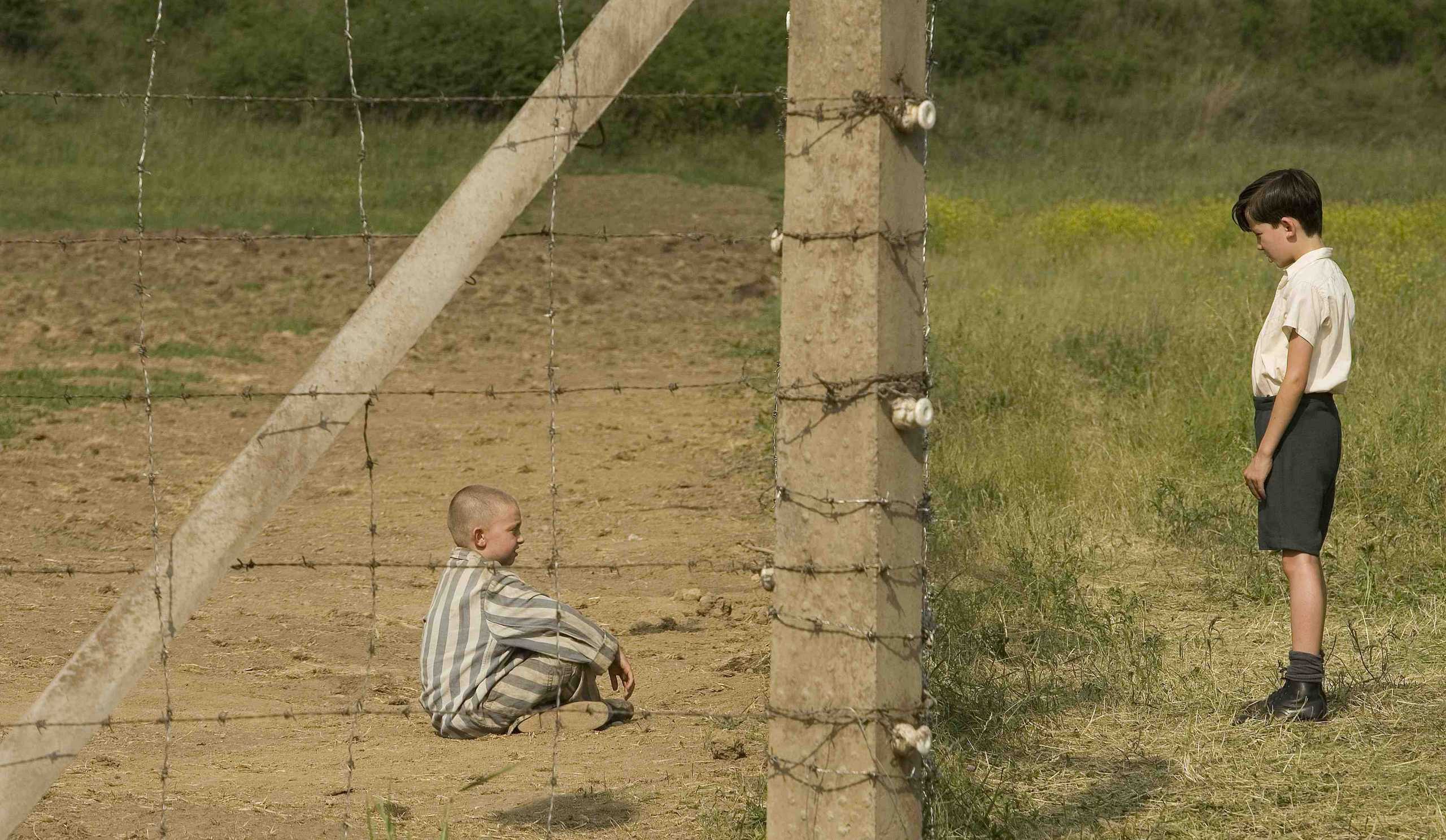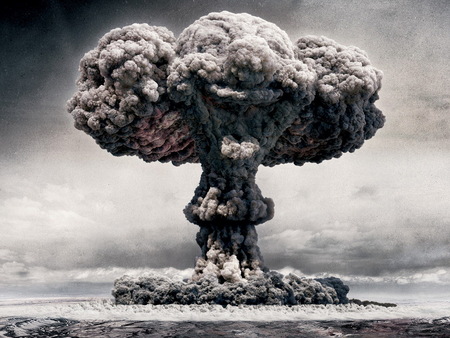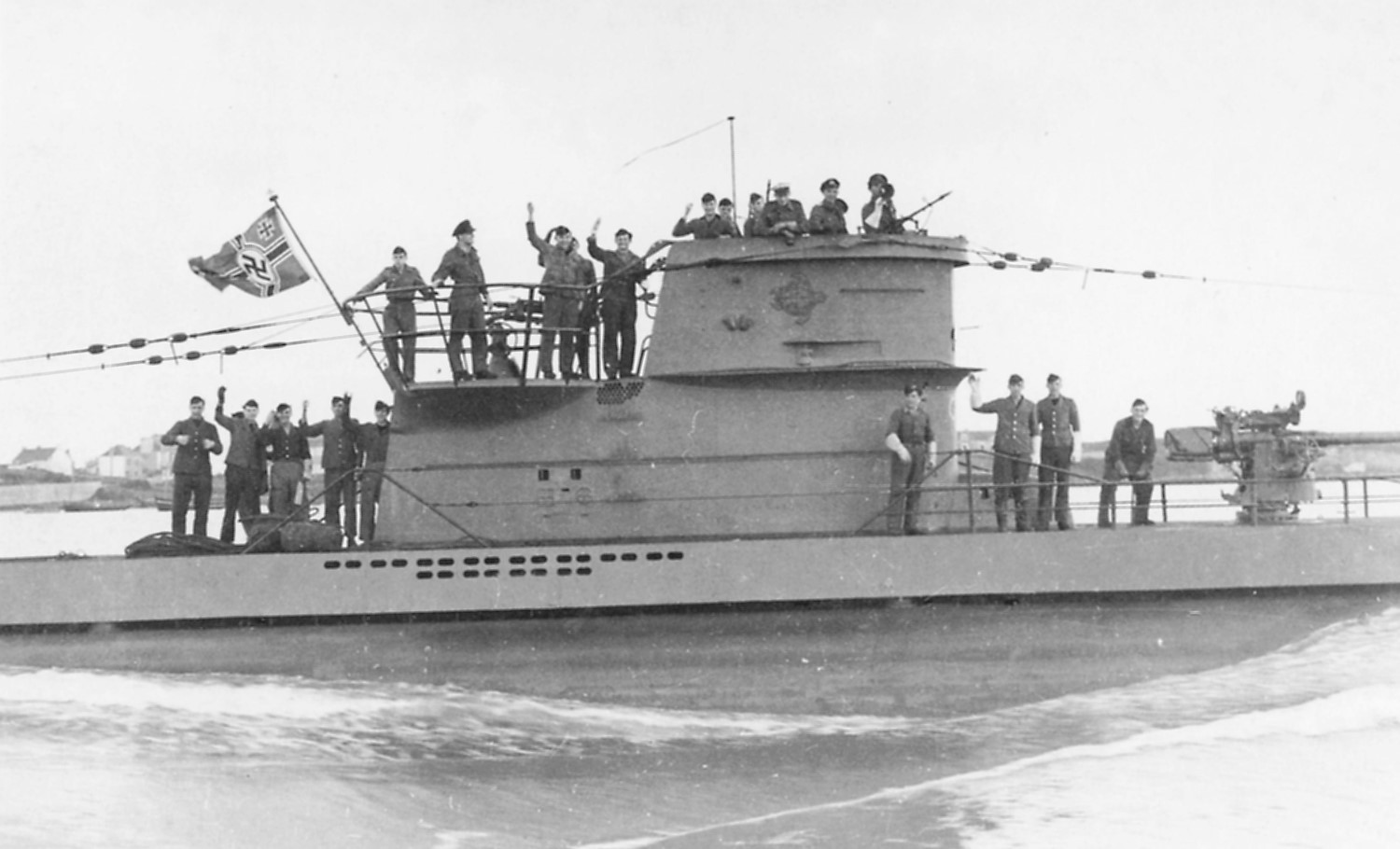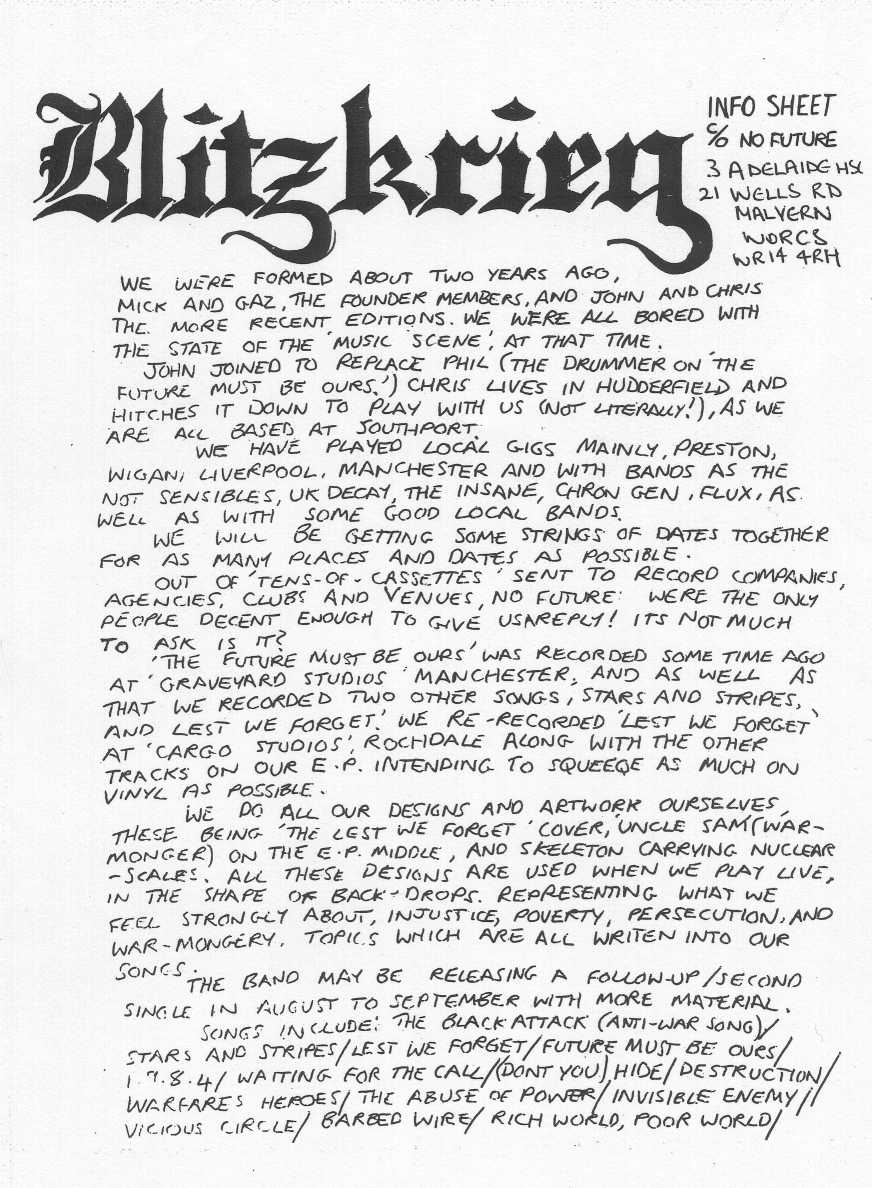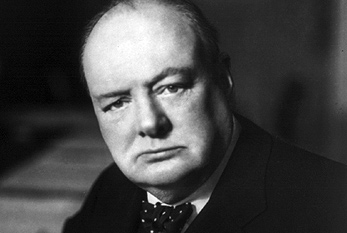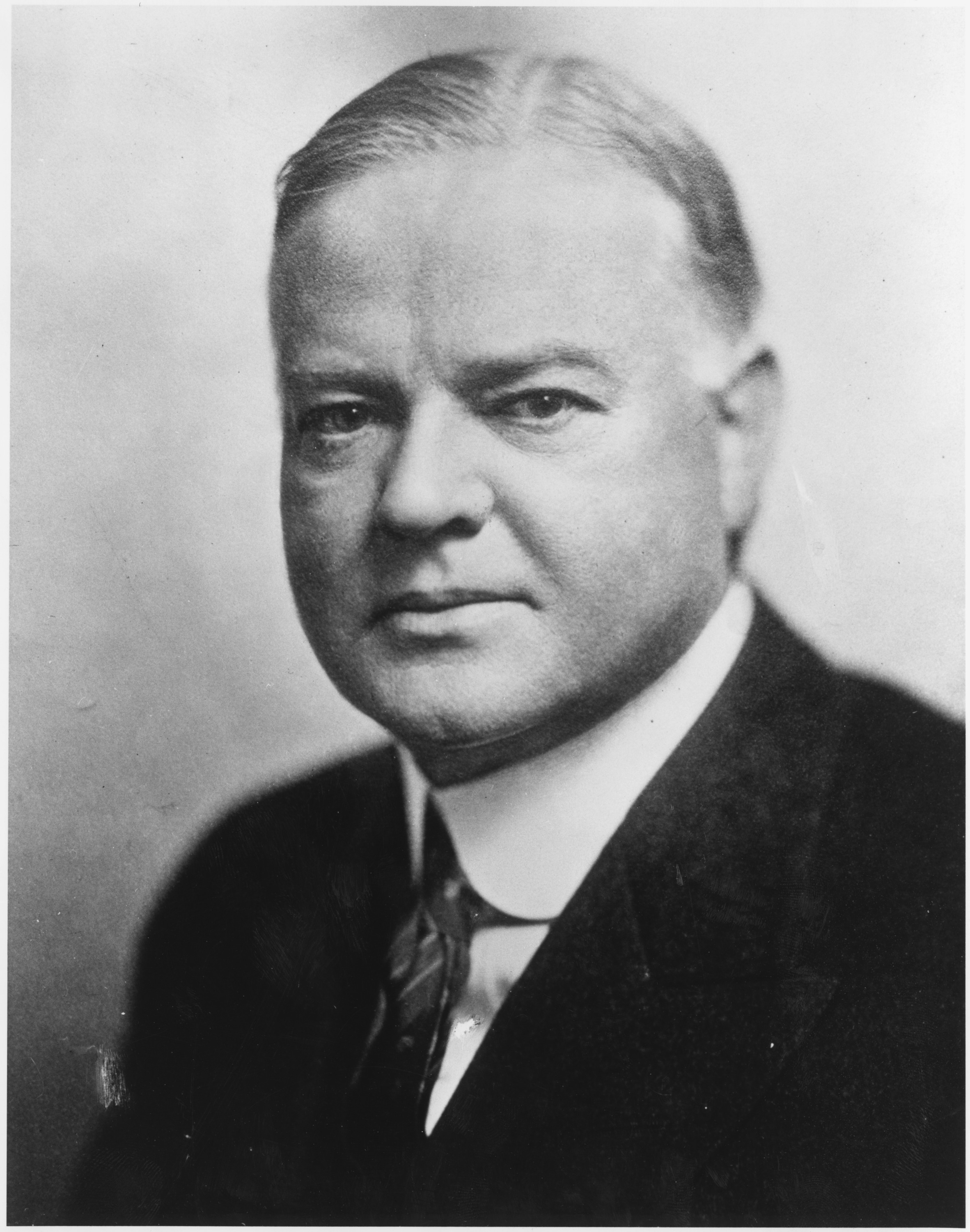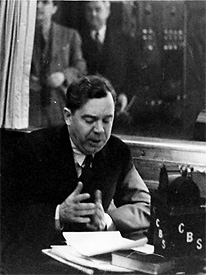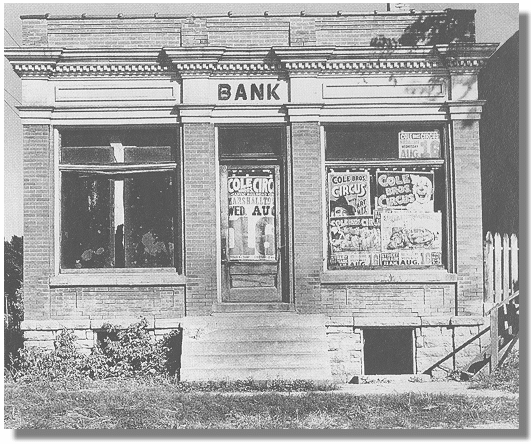1. Describe the dust bowl; what caused it?
- The dust bowl was a drought in th middle part of the U.S and dust accumulated from the dead crops that farmers had planted that didn't grow. What caused it was that farmers over plowed their land which removed all the prairie grass and caused the dust bowl to come about.
2. Describe how TGD affected: a) children b.) families c.) women d) men e) people of color
- Children: suffered malnutrition, and because of falling taxes, schools were shorten and even closed
- families: stayed together, played video games, and listening to the radio.
- women: got payed less, and often weren't approved by people to be the working kind, which caused sexism
- men: wandered the country to search for jobs.
- people of color: suffered racism and were most unemployed.
3. who were "hoboes", and how did they travel?
- hoboes were transiets; they would set put to walk the streets in search of jobs. They wandered the country hitchicking rides on railroads boxcars and sleeping under bridges.
4. What was an enduring effect on people because of TGD?
- An enduring effect was that they never wanted to be poor.
 http://goo.gl/y5SxC
http://goo.gl/y5SxC
 http://goo.gl/YEOK1
http://goo.gl/YEOK1

